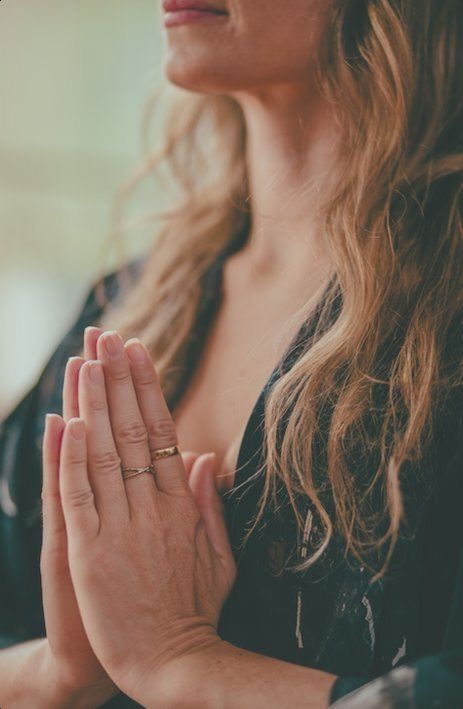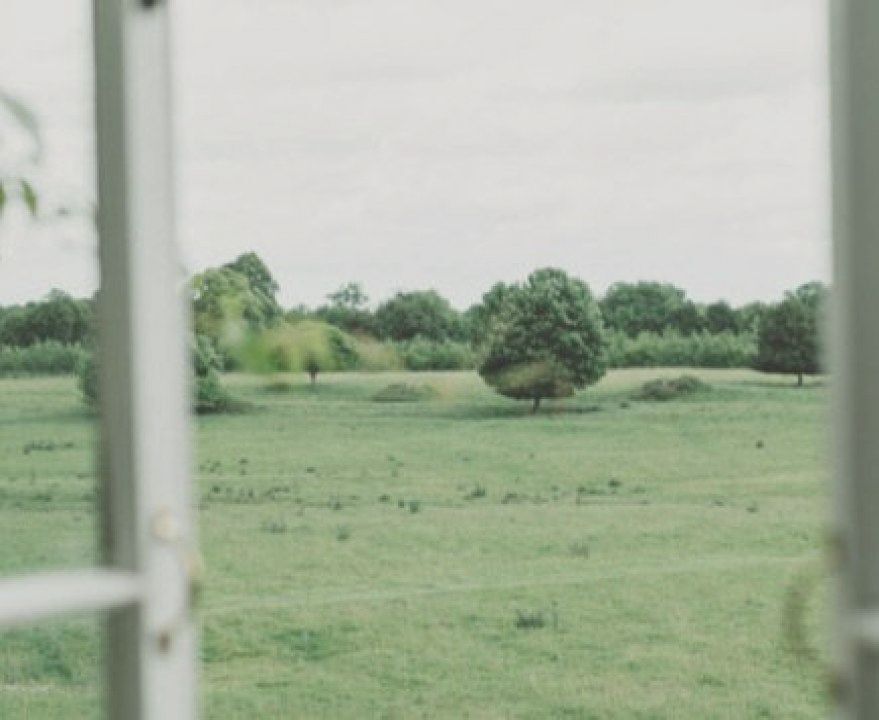
Conscious Breathing is a self-healing technique that helps people to access the full potential of their breathing system for better physical, emotional and mental well-being.
The connected pattern of conscious breathing is a natural, safe and easy–to-learn technique.
As human beings we hold onto tension within our bodies and in doing so create physical, mental and emotional blockages. This technique helps to release the blockages and transform your life and energy.
CONSCIOUS BREATHING CAN HELP WITH

Mental and Emotional Wellbeing

Physical Wellbeing

Higher Awareness

It is often emotional or mental upset that causes breathing restrictions, because our tendency is to hold our breath as a reaction to overwhelming feelings.
Not everyone’s breathing pattern is the same, quite the opposite, in fact – we are all unique. Consider these statistics: 70% of us don’t use our breath in full capacity and indeed most of us only use 33% of our respiratory capacity. Conscious breathing helps us to fully open our respiratory system – something the body has difficulty doing if breathing is restricted. In these cases, physical, mental and emotional ailments often arise, such as stress, anxiety and lack of energy.
From the very early stages, the breathing technique and Rebecca’s facilitation helped me go much deeper into myself and find silence. I found I was clearing out my mind and seeing things more clearly and more effectively than with meditation.
Jane Smith, Client
During treatments, people are taught to use a full connected, diaphragmatic breath, which massages the various tissues and organs surrounding the diaphragm. The client’s breath is closely monitored and told where they are restricting their breathing. This then tells us where any blockages may be, they are gently adjusted to their breathing practice position whilst the use of techniques like hands-on acupressure, sound, movement and positive affirmations to help the breath open up and flow more freely are applied. Conscious breathing helps these blockages to be safely dispersed and integrated, encouraging a greater sense of well- being and a more balanced and harmonious state of mind. By practising conscious breathing frequently, the breath soon becomes less restricted, and alongside the physical benefits of freer energy flow throughout the body, people develop better mental and emotional health too.

Conscious breathing is easy to learn and can be beneficial to people of all ages, from infancy to old age.
A few sessions will enable you to use this technique for yourself as a lifelong tool. Many people have discovered an expanded state of consciousness as they improve their breathing process. Your life can open up and become more fulfilled through conscious breathing.
Every culture in the history of the world has, in one way or another acknowledged the existence of a life-force energy in the human body. The Indians call it prana, the Chinese call it chi, and the Japanese call it ki. In the West it is called human electricity. This energy can be attained and expressed in different ways, and so again each culture interprets it slightly differently. For example, prana and chi, as well as meaning ‘energy’ also means ‘breath’ because one can generate energy by practising breathing exercises.
For thousands of years, humans have understood breathing has a powerful influence over our physiological and psychological wellbeing. But many people still find it difficult to understand the link between breathing and its impact on our body’s physiology and stress levels. Research has shown the way we breathe has a powerful effect on how stressed we feel. When we feel stressed, one of the physiological changes that occurs is activation of the sympathetic nervous system (fight/flight response) and an immediate increase in respiration switching from slow, abdominal breathing to faster, shallower, chest breathing. This is a normal and healthy response in the short-term. If we are constantly triggering the sympathetic nervous system throughout the day however, we begin to habitually take shorter, shallower breaths with our upper chest, even though the stress may have passed. The danger is that this style of breathing sends signals to the brain that we are under stress when the reality is, it may not really be under stress at all.
CONSCIOUS BREATHING
BENEFITS
CONSCIOUS BREATHING
BENEFITS
